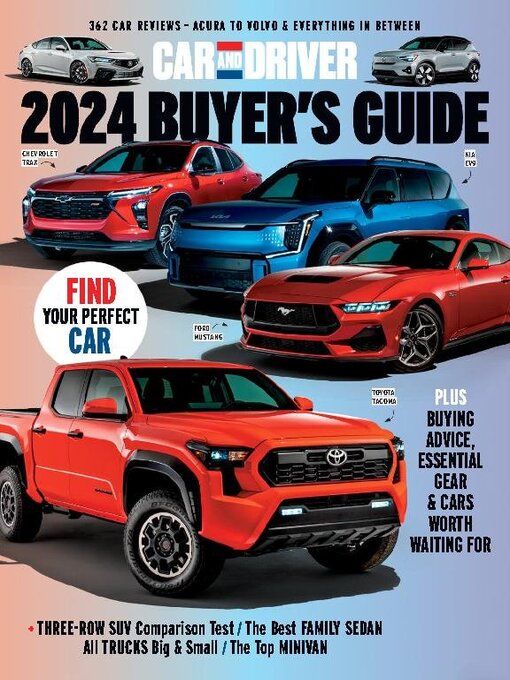Rise by Six: Your Daily Dose of Inspiration
Explore insights and stories that elevate your day.
Dollars and Sense: Your Roadmap to Smart Car Purchases
Discover the secrets to savvy car buying! Unlock expert tips and tricks to save money and make smart choices with Dollars and Sense.
10 Tips for Negotiating the Best Price on Your Next Car
Negotiating the best price on your next car can be a daunting task, but with the right preparation, you can emerge victorious. Start by researching the market value of the car you're interested in. Websites like Kelley Blue Book or Edmunds can provide valuable insights into fair prices, helping you set a solid baseline for negotiations. Additionally, consider the timing of your purchase; dealerships often have monthly sales quotas, making the end of the month an ideal time to negotiate for better deals.
Once you're well-informed, approach the negotiation with a clear strategy. Begin with a lower offer than what you're willing to pay, as this gives you room to maneuver. Employ tactics such as highlighting competing offers from other dealerships or expressing your willingness to walk away if the price isn't right. Remember, patience is key; don't rush the process. Use these 10 tips as your negotiating toolkit, and you'll be better equipped to drive off with the best price on your next car.

Understanding Depreciation: How It Affects Your Car Purchase
Understanding depreciation is crucial when considering a car purchase, as it directly impacts the vehicle's value over time. Depreciation refers to the reduction in the value of an asset, and for cars, this can be significant. Typically, a new car loses around 20% of its value within the first year and continues to depreciate by approximately 15% to 25% each subsequent year. This rapid depreciation means that your car may be worth only a fraction of its original price just a few years after purchase, which is essential to consider whether you're buying new or used.
When purchasing a car, it’s vital to factor in the effects of depreciation on your investment. The resale value of your car is a critical aspect to analyze, especially if you plan to upgrade or sell in the future. To mitigate the impact of depreciation, consider the following tips:
- Choose models known for holding value, such as reliable brands with good reputations.
- Think about the timing of your purchase; buying a vehicle at the end of the model year may yield better deals.
- Conduct proper research on market trends to understand which cars depreciate slower.
By understanding depreciation, you can make informed decisions that will lead to a more financially sound car purchase.
Should You Buy New or Used? Pros and Cons to Consider
When deciding whether to buy new or used, it's essential to weigh the pros and cons of each option. Purchasing a new item often means having the latest technology, features, and warranties, providing peace of mind and assurance of quality. On the other hand, used items can be significantly more affordable, allowing buyers to save money while still obtaining a functional product. Consider whether the benefits of newness outweigh the potential for substantial savings with used options. Here are some factors to consider:
- Cost: New items typically come with a higher price tag.
- Depreciation: New products lose value quickly, while used items may retain their value better.
Another factor to examine is the available variety in the market. New items often come in limited editions or specific models, while the used market may provide a vast array of choices, including unique or discontinued options. However, when buying used, it is crucial to evaluate the item's condition and reliability. Ultimately, deciding whether to buy new or used can depend on individual needs and circumstances. Here are some additional considerations:
- Warranty: New items often include a warranty, whereas used items usually do not.
- Environmental Impact: Opting for used items can be a more sustainable choice.